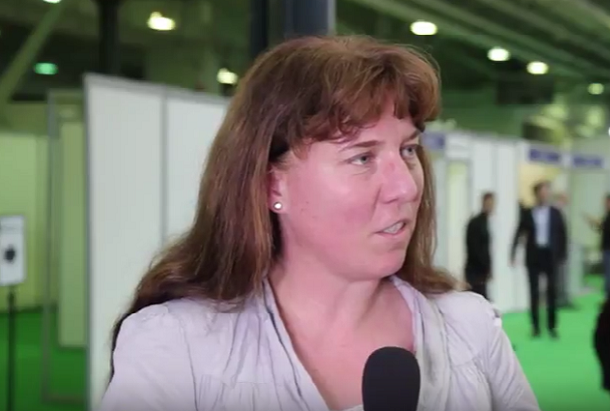Standards bodies need to work harder to ensure “access-agnostic” networks are at the centre of 5G, a Deutsche Telekom network executive has claimed.
Antje Williams, the German operator’s 5G Executive Program Manager, said “true convergence” was needed for fixed and mobile networks so operators can offer a truly seamless connectivity experience.
She said access agnostic networks were vital for this to happen, but more work needed to be done between collaboration bodies and open-source communities.
[VIDEO: LTE work will continue for at least a decade, claims Deutsche Telekom]
She said: “When you look at the amount of challenges and traffic that has to be transported in the future, we will not manage that with just the mobile network. Today, a much bigger portion of whatever is transported runs through fixed line networks and we strongly believe the solution for the future has to be a combination of the two, or access-agnostic networks. This means that when using the networks, consumers shouldn’t see a difference between mobile access and Wi-Fi access.
“Today, standardization of the two networks is done separately and to become one network, we need more alignment. From a consumer perspective one of the most important topics is convenience. Therefore, it is essential that 5G delivers to its full potential.”
Williams was speaking at the latest quarterly meeting of the Broadband Forum in Berlin. The forum’s CEO Robin Mersh said: “Convergence of fixed and mobile networks is absolutely vital for 5G and Antje’s thoughts reflect the thinking of our members and are very much in line with our agreed plan as we move forward in an ever-changing telecoms landscape.
“I’m sure our members will rise to the challenge set by Deutsche Telekom and this strengthens the importance of the work we are already doing around SDN, NFV, ultra-fast access and 5G.”



